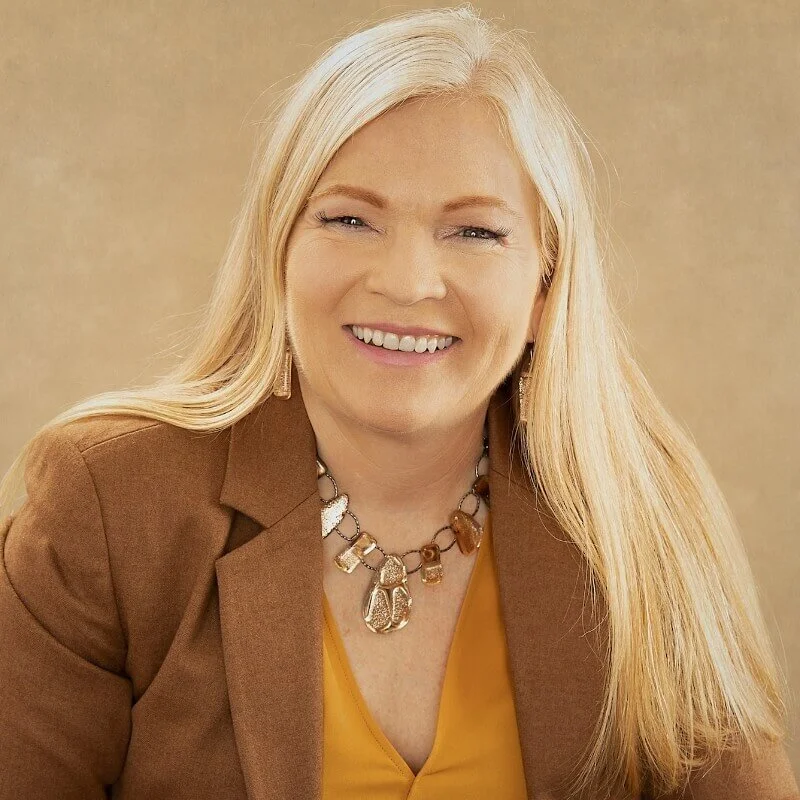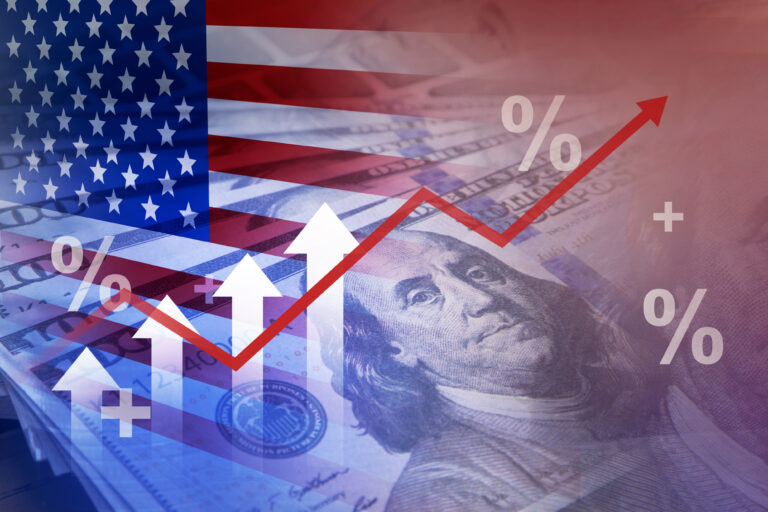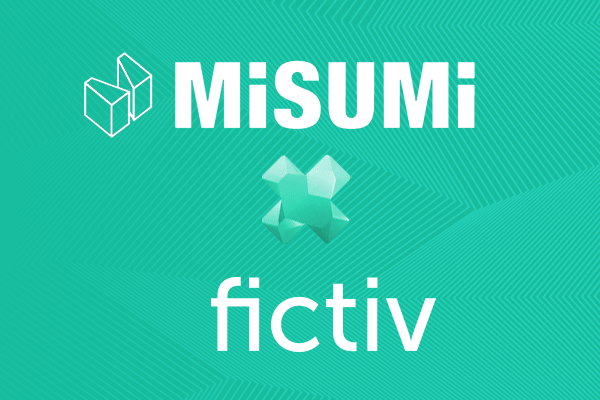Time to read: 6 min

Women’s History Month at Fictiv means speaking with inspiring women like Susan Brennan, CEO of 5E Advanced Materials and formerly with Ford and Nissan. Susan recently sat down with Fictiv’s CRO Joanne Moretti for a Q&A about her storied career, how to turn challenges into purpose, and how to stay hopeful regardless of life circumstances.
First, please share a little about your background. What was it like growing up?
I came from a small town in Southern Illinois and experienced significant poverty and other challenges growing up. I was also very lucky that neighbors, teachers, and friends helped me out at key points in my childhood. Whether it was extra food, clothing, or money to attend special events, it seemed like help showed up right when I needed it most. I might be walking home from school and somebody’s mom would pull over and offer me a ride.
Is your background partly why you have such a passion for helping kids?
Yes. I struggled a lot in middle school, and it was the community of helpers I mentioned before that got me through. My passion is to help kids who have a number of adverse childhood experiences like I did—especially middle school girls. I think being a middle school girl was probably the darkest time in my life, so helping them through challenges and giving them hope, is really my passion and why I wrote my book. My vision for the world is that there’s no kid sitting by themselves at a table in school cafeterias.
What values did you take from childhood that served you well?
I think part of the reason I’m so flexible is because I grew up in a household that was very unpredictable. So I’m extremely comfortable with the lack of predictability, and I always know how to escape this situation. I grew up in a world of scarcity, and when I do find myself getting back into that scarcity behavior, I remind myself that it’s such an abundant world out there.
To counteract negativity, I seek out good news. There’s a channel on Instagram called “The Good News Channel.” It’s just people doing kind things for each other. I prefer to wake up in the morning to that kind of social media and that kind of media than to the other kind, and it just reinforces, to me, the abundance of the world.
What was it like working for Ford and Nissan?
I started in the auto industry in the late 80s and early 90s, and it was very, very male-dominated, and not just that there were mostly men. One of the hardest parts about my early career was women were expected to act like men. Men would come up to me and say, “I’m not going to work for you because you’re a woman.”
At one point, Ford brought me in and said, “Well, we don’t have women in operations. Can you come in?” and I could go on for hours and hours and hours about my Ford experience back in the 90s, but in the end, it was a fabulous experience. It was tough to be brought in as an outsider to bring different thinking and women into the operations field. I did very well at Ford.
When I was at Nissan, I ran Nissan’s large assembly plant in Smyrna, Tennessee, the largest automotive assembly plant by volume at the time.
The pinnacle of my career was bringing the Nissan Leaf to the North American market. This was in 2008, 2009. Today, there are Teslas everywhere. Back then, people didn’t think electric vehicles were ever going to take off and now the sky’s the limit.
How have you built up your network over the years?
I love to surround myself with people who are positive, people who live in an abundance mindset, people who like to solve really hard problems, and people who see the world differently than me.
I’ve also always been a big proponent of groups. I was a member of the International Women’s Forum in Tennessee, so when I moved to San Jose, I transferred my membership to the International Women’s Forum in Northern California. I was active in rebuilding the community. Early on, you’re more of a taker because you’re moving into a new community. And then you can help others. When someone asks for help, I make sure I reciprocate. I really believe that kind of reciprocation builds the flywheel.
How did you balance everything in your life?
I did not ever have balance. To me, being a good parent was about my kids never worrying about whether they’re going to have a house, never being made fun of because their clothes were ugly or didn’t fit, always having food, and not having to rely on neighbors.
The upside of this approach was once my kids were in eighth and ninth grade, they knew how to do their laundry. They knew how to manage money. I gave them credit cards, and my rule always was to tell me about their purchases (for food, school, etc.). If they neglected to, the card came back to me. I’m proud of my kids today. They’re productive tax paying citizens.
Which women do you most admire?
My grandmother. She graduated from high school in 1929. She was poor. She was brilliant. If she had been in another time, another place, another socioeconomic status, she’d have been a lawyer or a judge, and she was very well-read, very well-spoken, very well-educated, and she did it on her own. She was one of the people early in my life that really helped give me the values that I have today. I can still hear in the back of my mind, “People can take money from you. They can take all kinds of things from you, but they can’t take your education from you.”
I admire waitresses in restaurants who are my age. They get up every day, and do really hard work. There are all kinds of trailblazing women before me. I admire the people who are out there, who take on the hard task, make things happen, and just do it. These are the women I admire.
What advice would you give people who want to handle uncertainty and unpredictability better?
You can look at it as uncertainty or you can look at it as an opportunity. To me, just that reframing of the word uncertainty to the word opportunity is absolutely key to where I am today, my sanity.
If you take a really, really negative scenario and say, “What’s the worst that’s going to happen? If this change happens, and I make this decision, or I raise my hand in this meeting, or I make this proposal and I get fired, what’s the worst going to happen?”
Then, flip the question around: “What’s the best that’s going to happen?” Fictiv is a really interesting company, and the best that’s going to happen is you’re going to do something groundbreaking that’s going to make the world a better place. I can’t imagine any better reason to take on uncertainty than that positive side of the equation.
Would you rather live 100 years in the past or in the future? What do you hope the next 50 years hold for your daughters?
I’d much rather live 100 years in the future. I started this clean energy journey in the early 70s, and there’s been so much progress since then in clean air and water acts. Imagine what we will accomplish in the next 100 years! And think of how quickly work is changing. There are so many opportunities, and there are jobs today that weren’t here last year, that weren’t here five years ago. There are jobs that’ll be here five years from now that don’t exist today.
The world is so much better for women today. I’m so impressed by how non-judgmental my daughters’ and their friends are. I also realize that I live in California and in a bubble, but it doesn’t matter. Whoever they meet, regardless of gender, politics, orientation, or lifestyle. They figure out a way to get along with each other and work through things. To me, the core to solving really hard problems is, using a 20th-Century term, a highly functional team, high-performance team. This generation is great at collaborating.
Both professionally and personally, if you can get people to come together and ignore all the peripheral stuff, the opportunity to solve problems will be huge.










